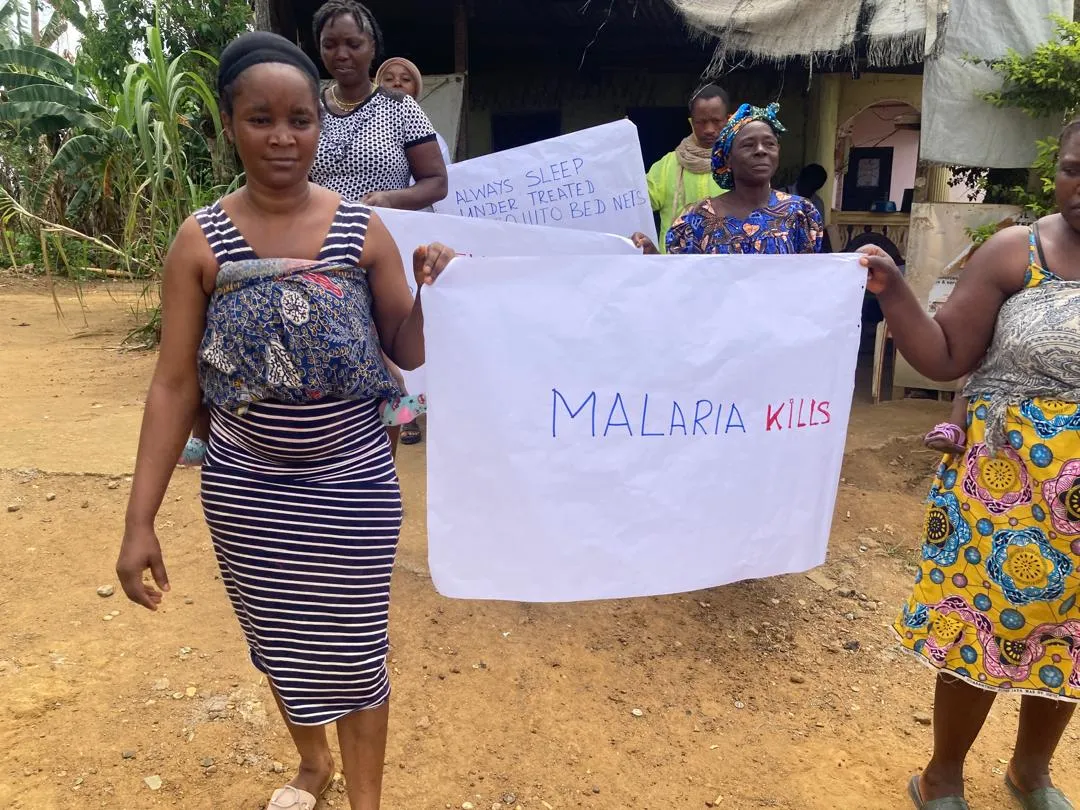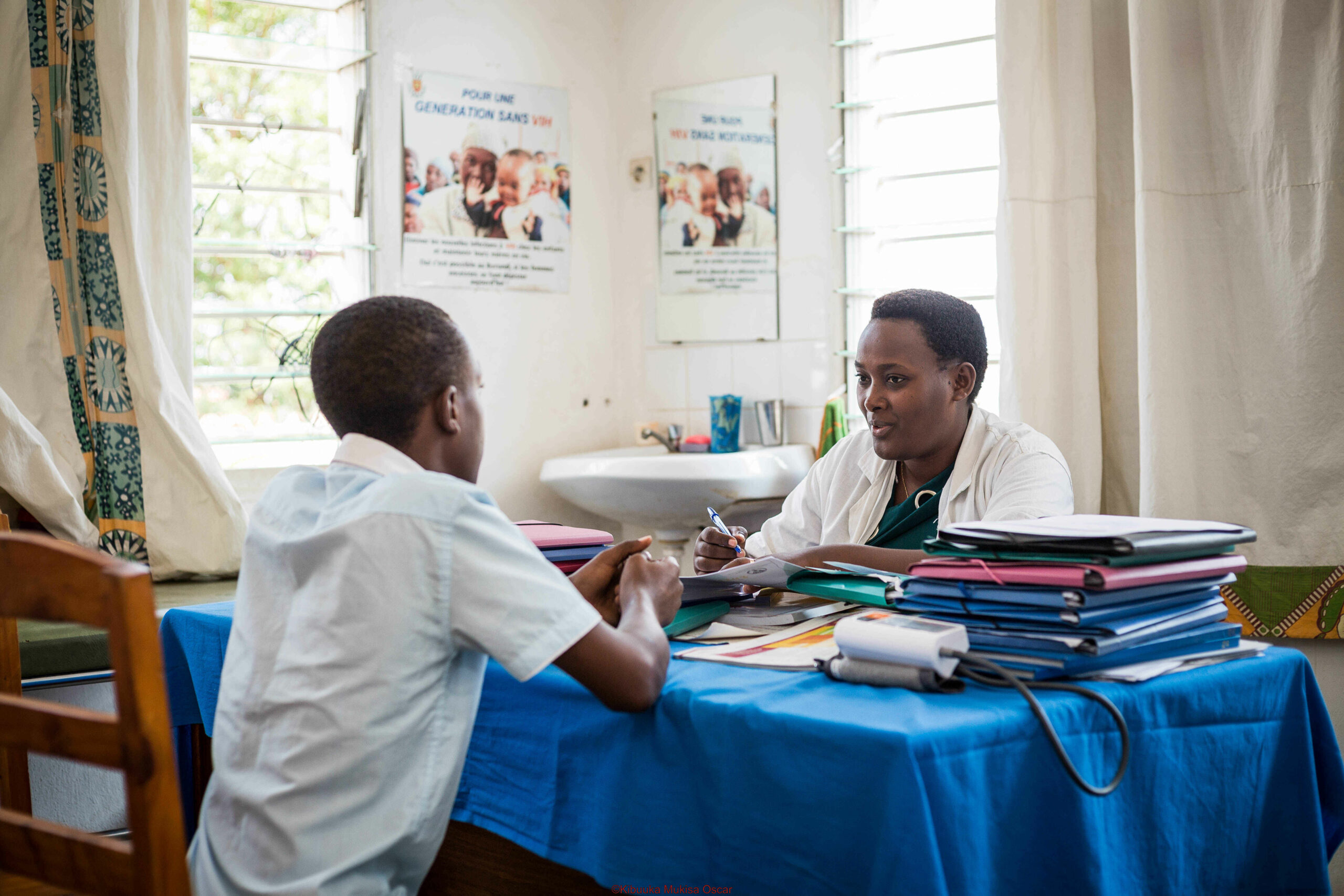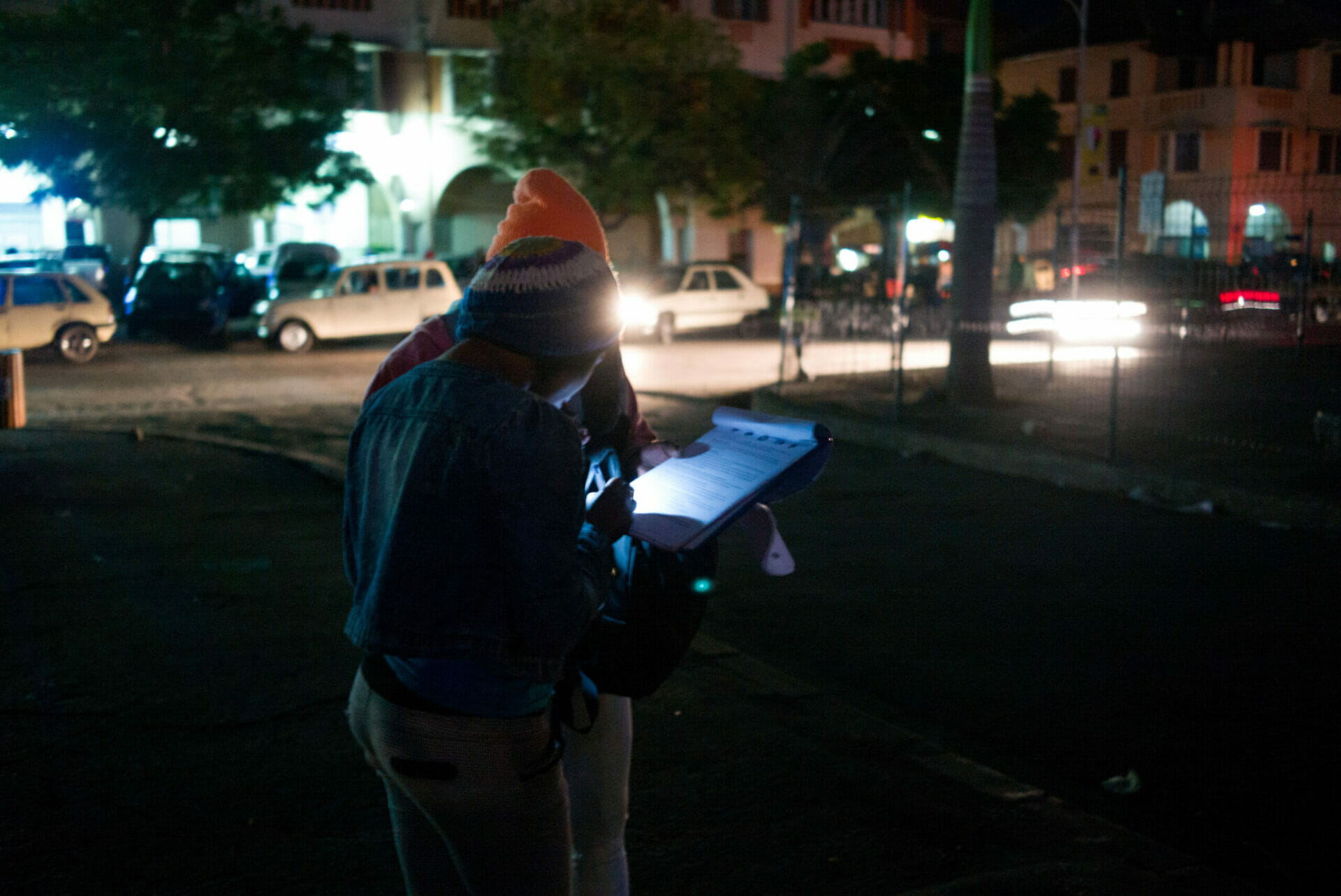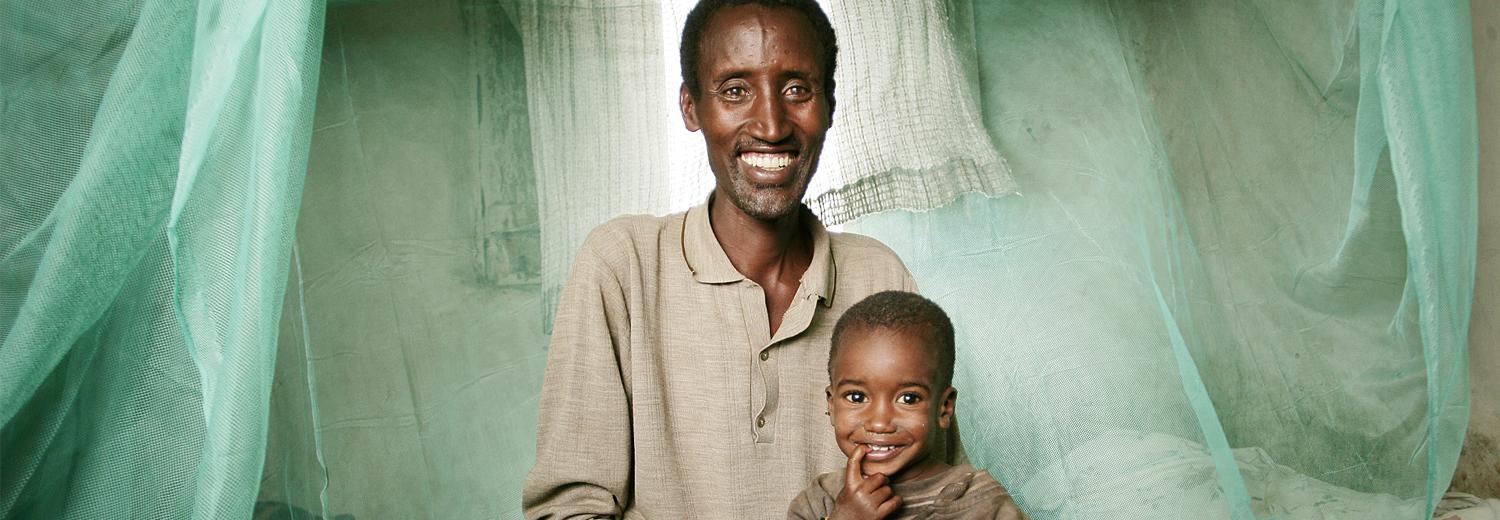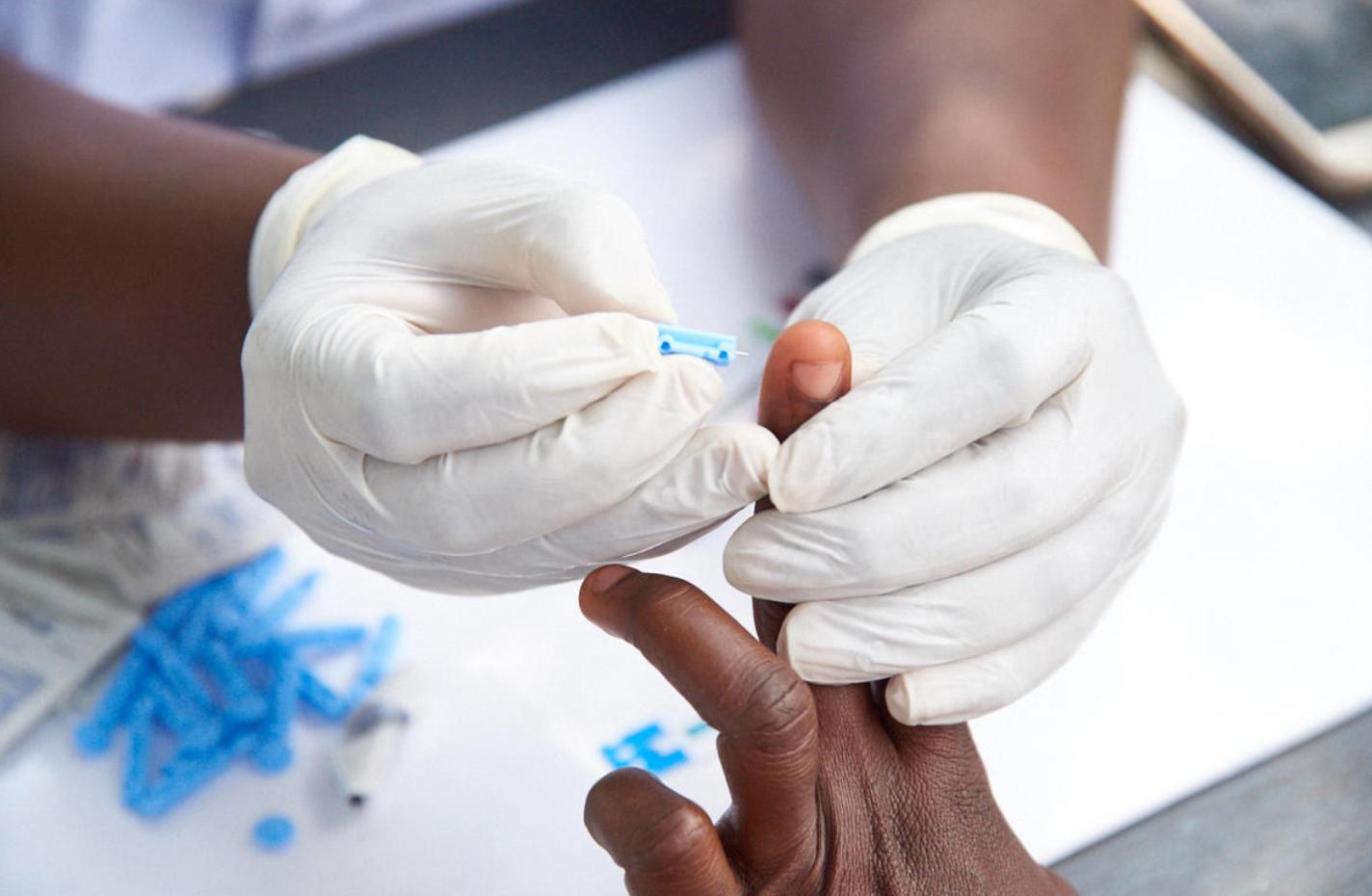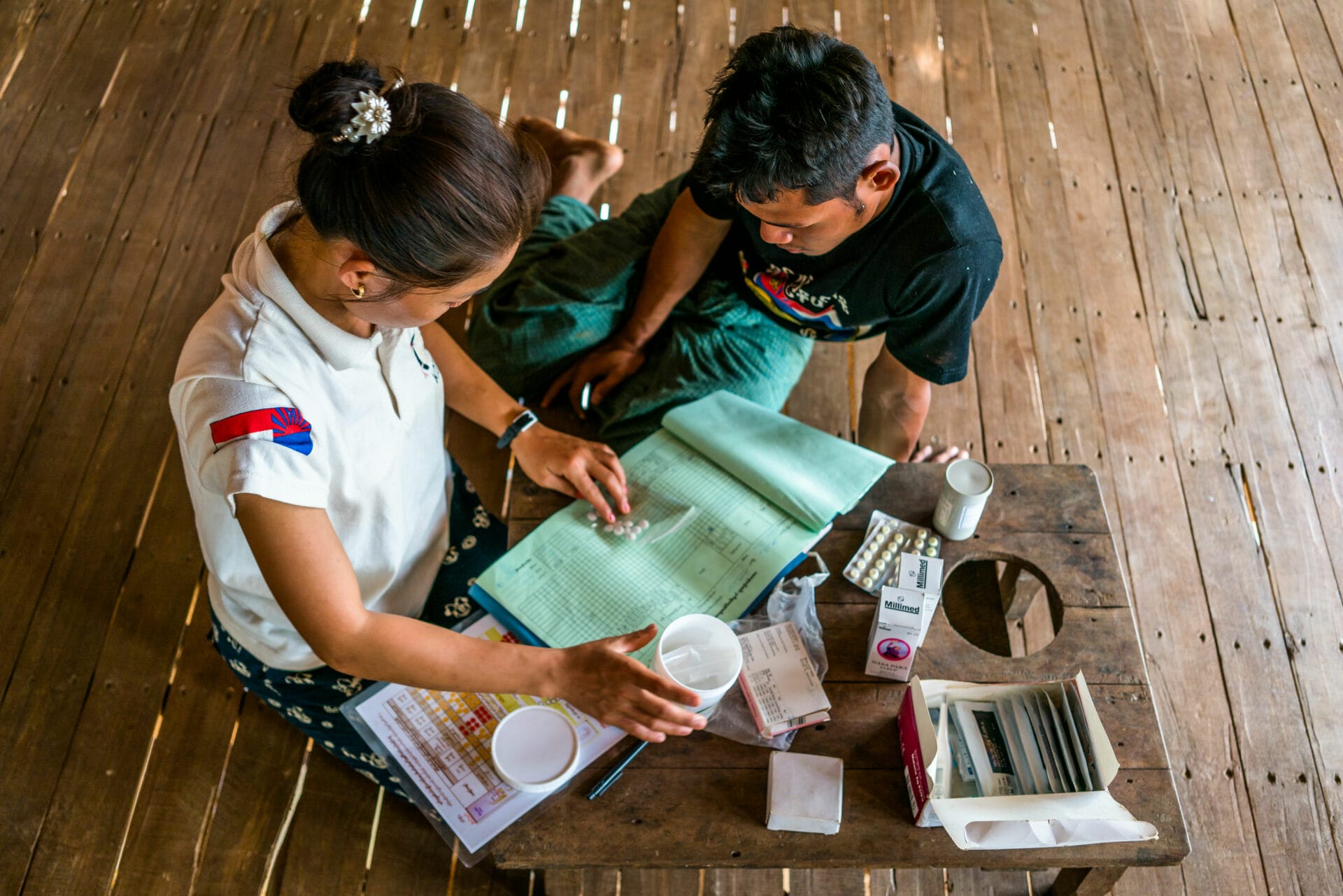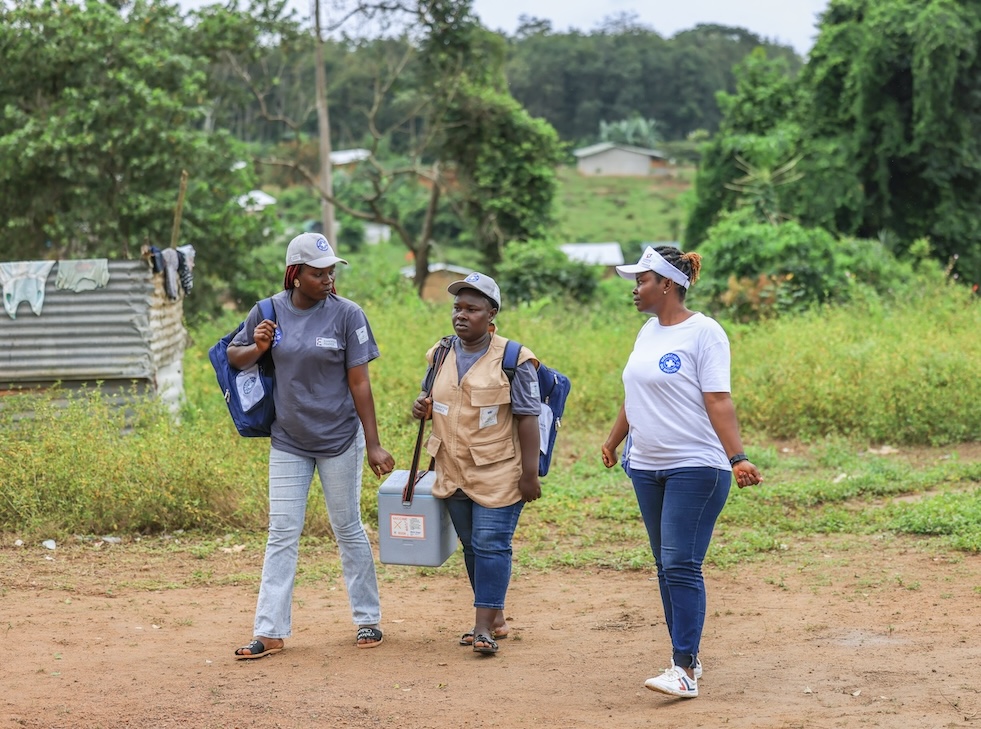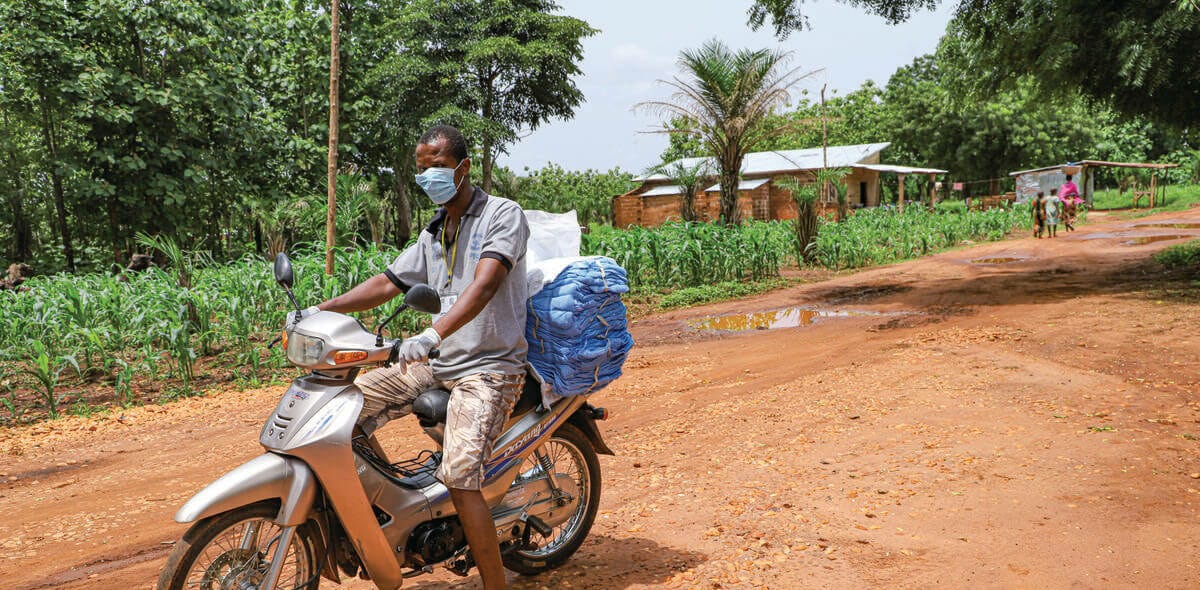Malaria: the unbearable injustice calls for an unavoidable action
Some diseases strike at random. Others thrive on injustice. Malaria falls into the latter category. It still kills nearly 600,000 people each year, despite being preventable and treatable. It weighs most heavily on the most vulnerable: 450,000 children under five in sub-Saharan Africa died from it in 2023. A preventable massacre. An unacceptable tragedy.
Yet we have the tools to defeat this disease. Insecticide-treated nets reduce transmission by 45%. By combining preventive medication and vector control, we could reduce the malaria burden by 78%. With the vaccination recently recommended by the WHO, this figure could rise to 92%. So why are we still letting hundreds of thousands of children die?
Worse still: after 20 years of progress, the fight against malaria is stalling. Thanks to massive investments, notably from the Global Fund, the epidemic had retreated spectacularly. But for the past decade, progress has stagnated. Some countries are advancing, while others are seeing resurgences. Sub-Saharan Africa, with its rapidly growing population, remains trapped in an infernal cycle. Today, the incidence of malaria is comparable to what it was 25 years ago.
The worst may be yet to come. The announced withdrawal of the United States from global malaria funding could lead to 15 million additional cases and 107,000 more deaths this year. A dramatic setback.
We are at a turning point. Either we redouble our efforts and better target our actions, or we let decades of progress collapse. Inaction is not an option. The fight against malaria is a moral and public health imperative. The time to act is now.
